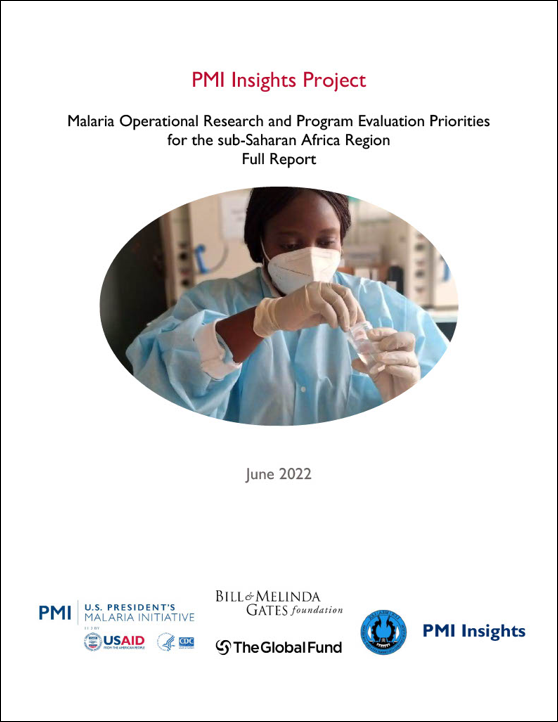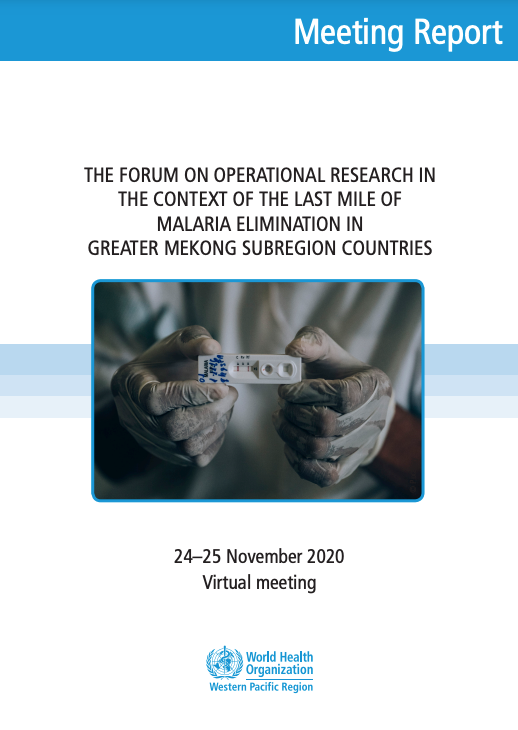Last Updated: 10/05/2024
NIHR Global health research group on genomic surveillance of malaria in West Africa at the Wellcome Trust Sanger Institute.
Objectives
This project aims to learn how to translate genomic data into actionable knowledge, e.g. by providing early warning of newly emerging resistance, and by showing how specific interventions are causing levels of resistance to rise or fall. By the end of this project, the aim is to have sufficient proof of concept to start integrating these systems into the routine working practices of NMCPs in Ghana and The Gambia, and to provide a working example of how such systems could be deployed at other locations in Africa.
MalariaGEN Resource Centre, Sanger Institute, United Kingdom
The Sanger Institute has played a pioneering role in genome research on infectious pathogens. One of the first genomes to be sequenced at Sanger was the malaria parasite Plasmodium falciparum, and in 2006 the Institute committed to a major program of basic research on malaria, with the long term goal of translating this into new tools to control and eliminate the disease. Our 2016-21 quinquennial plan comprises five major scientific programs in Cancer, Malaria, Infection Genomics, Human Genetics and Cellular Genetics. Sanger researchers have made seminal discoveries about how parasites invade human red blood cells, genetic resistance to malaria in African children, Plasmodium drug resistance, Anopheles insecticide resistance, and other fundamental parasite biology. Sanger has also made an impact on malaria research worldwide through the large data resources and novel technologies that it has developed and made openly available to the research community. From its inception, the Sanger Malaria Programme has worked in close collaboration with research groups in developing countries. Together with the MRC Centre for Genomics and Global Health at Oxford University, it serves as the resource center for MalariaGEN, a data-sharing network of malaria researchers in more than 35 malaria-endemic countries (www.malariagen.net). Over the past 12 years, MalariaGEN has established an international reputation for generating large open access datasets, which have become the benchmark for Plasmodium and Anopheles population genomics; for promoting equitable data sharing between researchers in rich and poor countries; and for research capacity building in malaria endemic countries.
Challenges in Elimination
Parasite Genetic Diversity
Surveillance
Apr 2018 — Oct 2022
$2.6M


